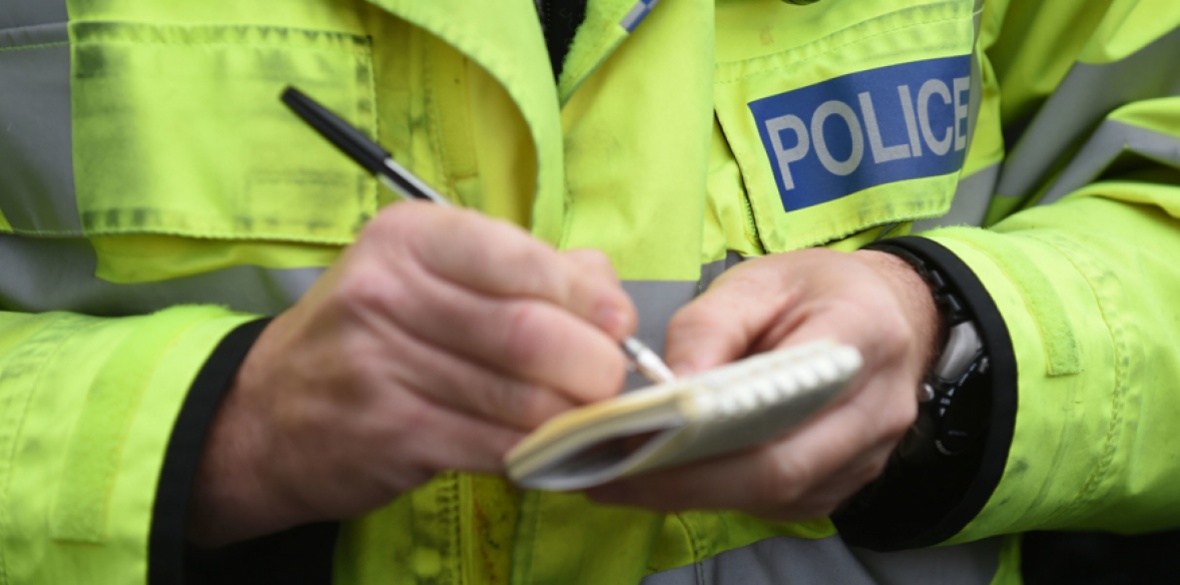This is the last article you can read this month
You can read more article this month
You can read more articles this month
Sorry your limit is up for this month
Reset on:
Please help support the Morning Star by subscribing here
THE Met Police’s controversial “gangs matrix” disproportionately targets young black men and is both ineffective and counterproductive, according to a report published today.
StopWatch, which campaigns against the disproportionate use of stop-and-search powers, said its research found that the “overpolicing of the black community” was “alienating people and fostering animosity.”
The charity said 3,800 people listed as “gang nominals” on the Met’s Gangs Violence Matrix were “labelled and exposed to an increase in potential unlawful stop-and-search encounters and subjected to draconian civil law and social welfare constraints.”
Its report added: “This relentless searching without a demonstrable legitimate purpose is an intrusive form of surveillance and harassment that directly impacts on the trust and confidence people have towards the police.”
One young man, known as Ricky, said that, having been stopped and searched for the third time in a single day, he “flipped” and ended up with a conviction for public disorder.
StopWatch chief executive Katrina Ffrench said those people on the matrix are “literally blacklisted” and “marked out for harassment and humiliation.”
She added: “Not only is the matrix completely ineffective at combating the crime it claims to want to tackle, our research suggests it makes crime more likely.”
The matrix was set up in 2012, following the 2011 London riots, which were sparked by the shooting of Mark Duggan at the hands of the police.
StopWatch found that those who had been “matrixed” — some as young as 12 — were subjected to “multiple stop-and-search encounters which seemingly lack any legal basis.”
A report by Amnesty International earlier this year found that 87 per cent of those on the matrix were from a black, Asian or minority ethnic background.
StopWatch argues that the increased “media, police and political focus on street crime” has had an impact on the criminal justice system and the police, and “normalised” the “racialised perception of gangs.”
Ms Ffrench said that being placed on the matrix was “a highly racialised stigma that follows someone through every aspect of their life.”
She said the report “adds to the weight of evidence, which suggests the matrix is not fit for purpose and should be urgently reviewed by the Mayor of London with a view to scrapping it.”









